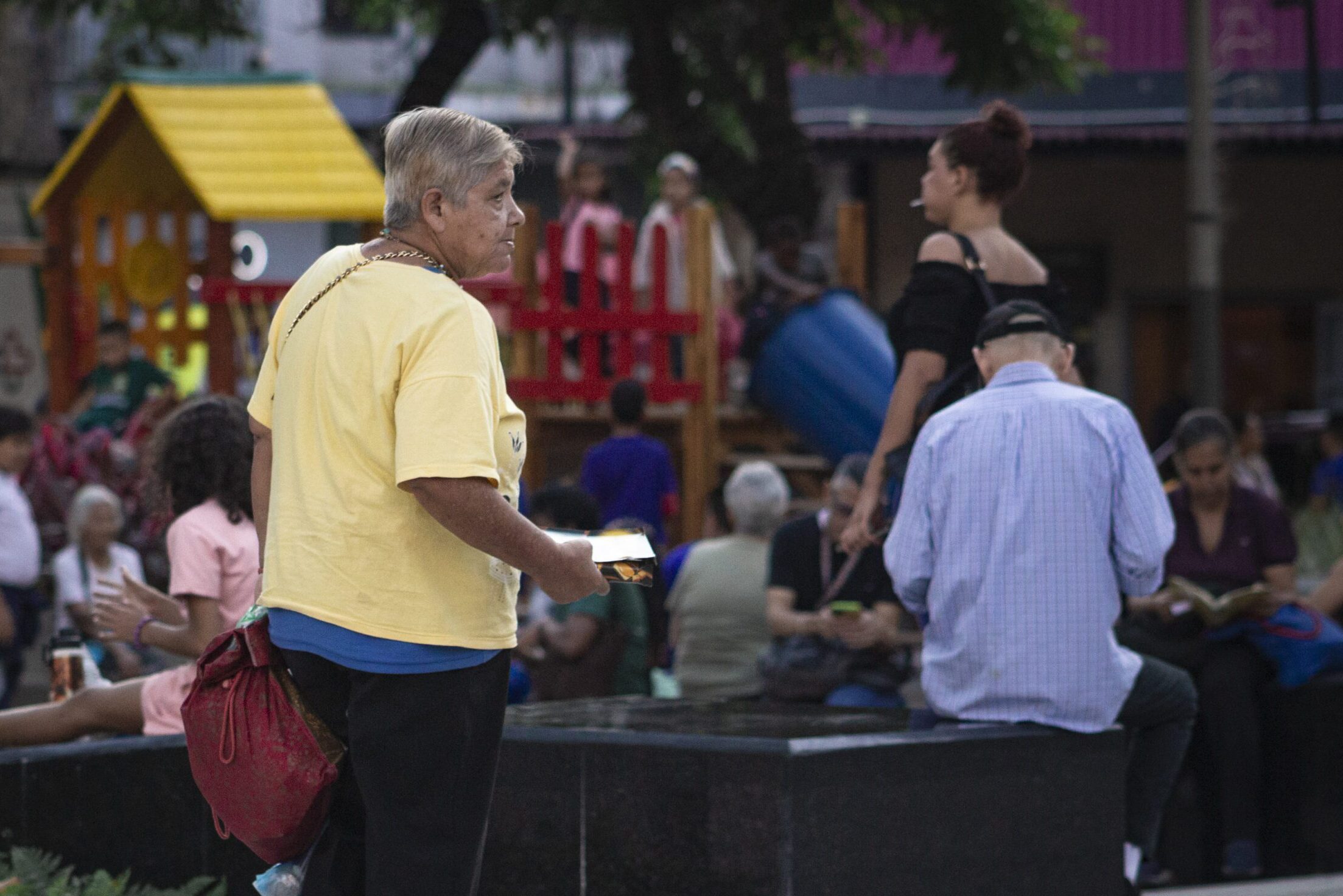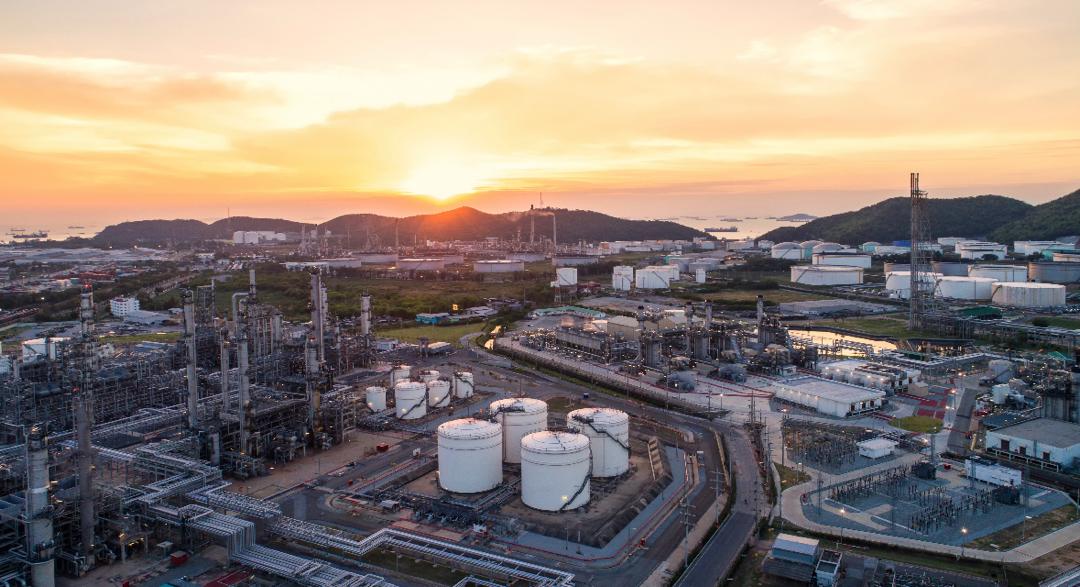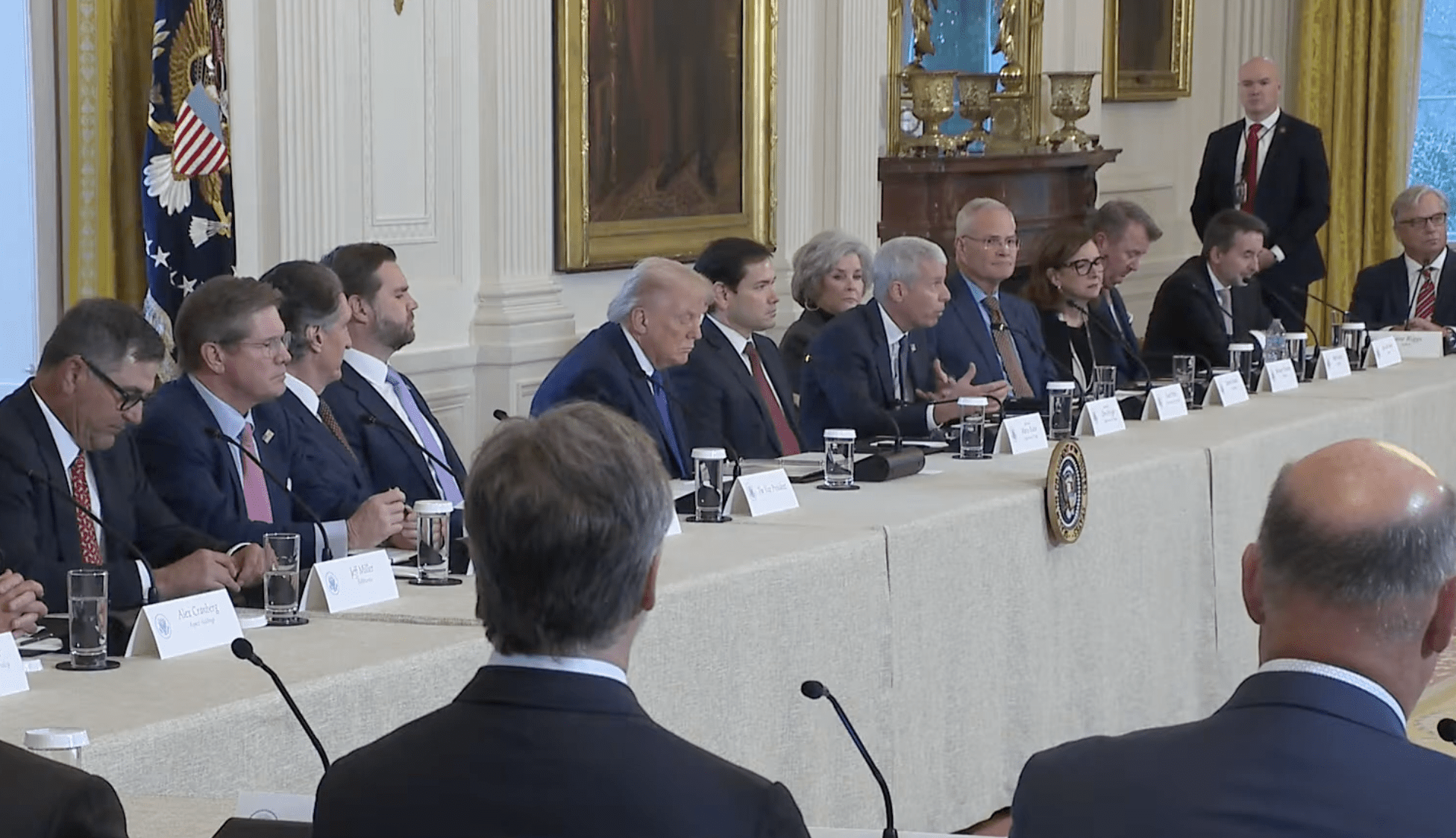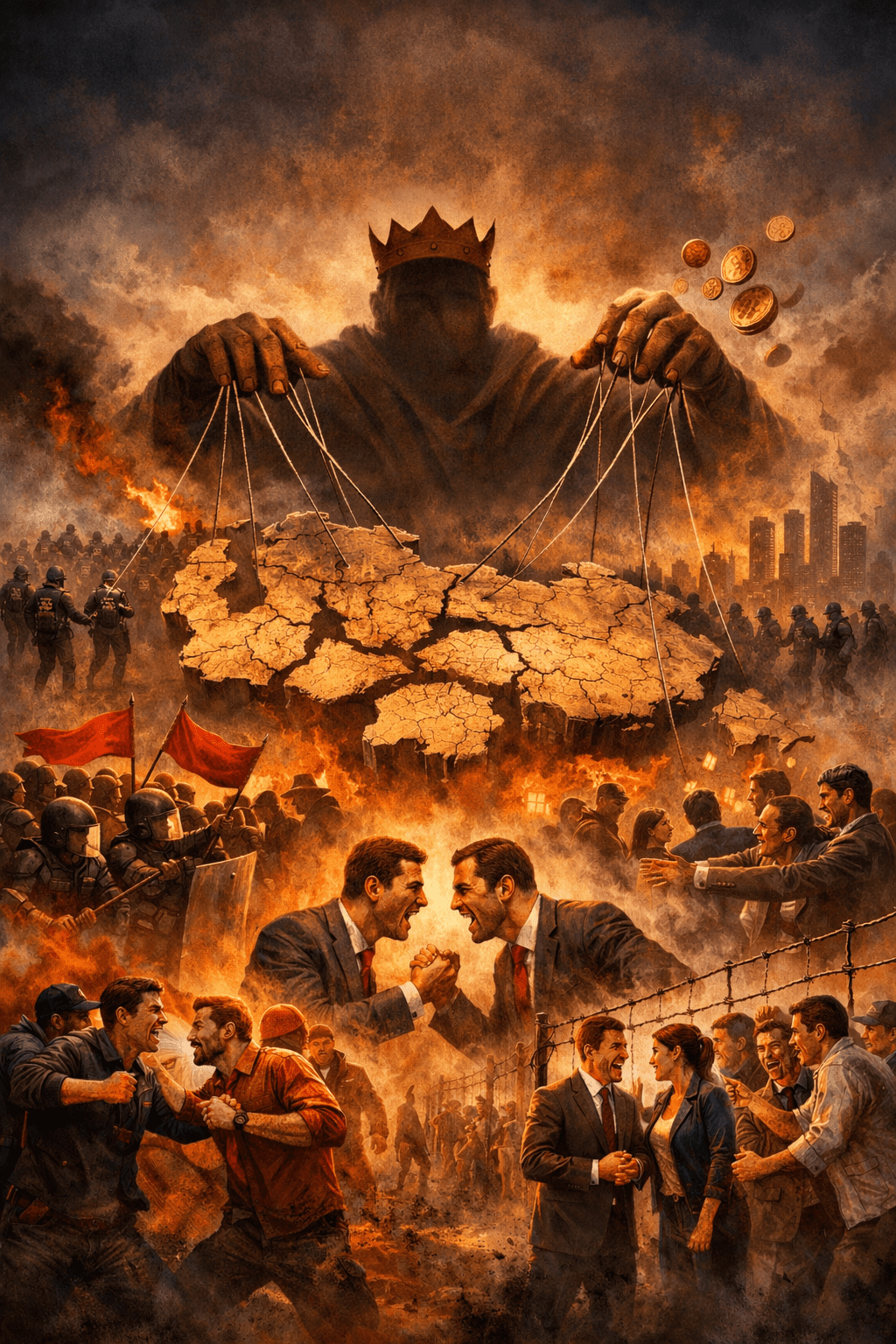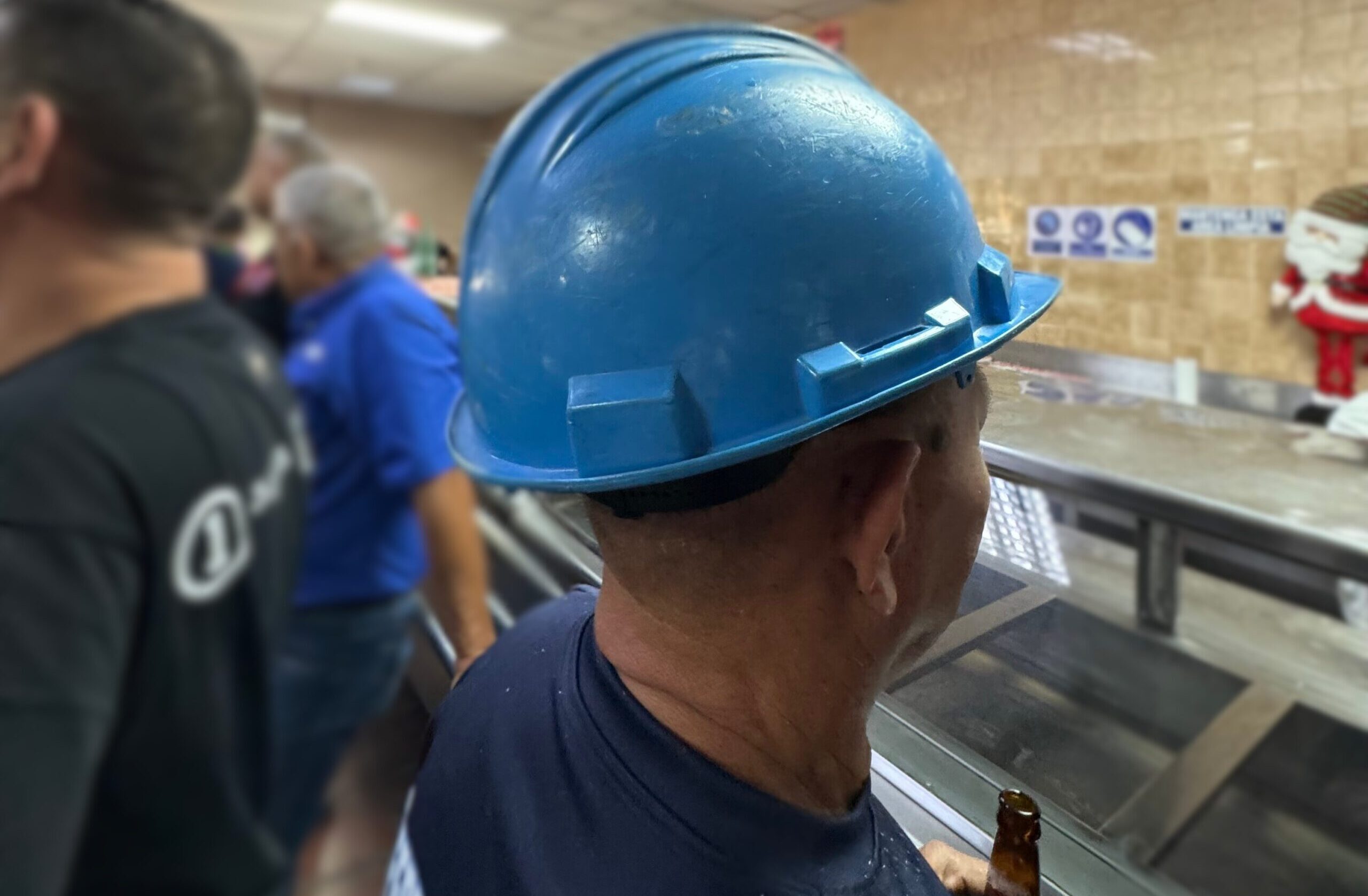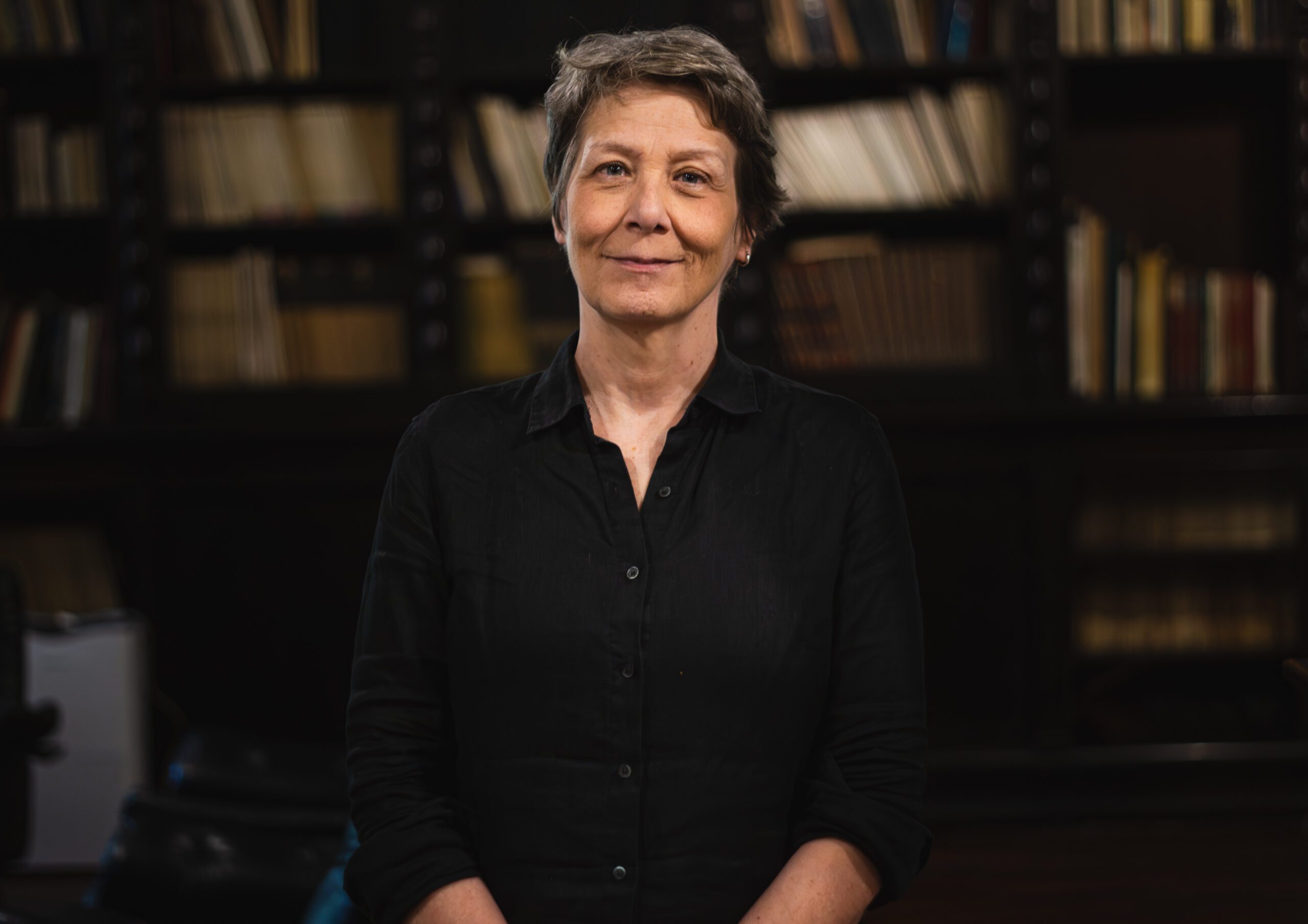In the country’s capital, the population’s desire to maintain social stability in the midst of uncertainty generated by the threats of an escalation of war in the territory is perceived. Photography: Luis Silvera / Guacamaya.
Guacamaya, November 22, 2025. In their daily lives, the Venezuelan population remains on the lookout in the midst of a context of tensions. In fact, the President of the United States, Donald Trump, recently reiterated that he does not rule out military deployments in Venezuela to “resolve the matter” that the country represents. He said this after accusing Nicolás Maduro’s administration of sending “the worst criminals” to U.S. territory.
In parallel, the State Department would announce the designation of the Cartel of the Suns, linked to Maduro, as a Foreign Terrorist Organization. This designation, as Trump has suggested, allows the U.S. armed forces to have the ability to attack the Venezuelan leader’s property and infrastructure in the country’s territory.
Although in recent days Trump has reiterated that there could be talks with Maduro, his government still maintains a significant military deployment in the Caribbean as a measure of pressure. Days ago, the largest warship in the world, the USS Gerald R. Ford, joined the operation, and, as the most recent event, the overflight of five military aircraft was reported near the Venezuelan coast.
At the helm, the Venezuelan armed forces have carried out massive military exercises across the country, with the recent mobilization of 200,000 troops, in response to what it considers to be “imperial threats.” In turn, the National Assembly approved the Law of the Command for the Integral Defense of the Nation, which has been questioned, for its implications, even by the most moderate opponents.
The Venezuelan government is even anticipating disruptive actions or so-called “internal sabotage” that could impact apparent stability, a fact that increases tensions. Despite this complex situation, life in Caracas, the Venezuelan capital, shows a face that suggests an appearance of social and cultural normality that raises the debate between indifference and uncertainty.
The image of Caracas in times of tension and crisis

Recent events held in the capital city, in different areas, reflect an image of dynamism and in some cases of hope for a better future, with or without Maduro. The population continues to make its way into resilience, but without leaving spaces for leisure and cultural expression. From events that bet on economic growth to massive artistic acts are shown on the agenda.
On the economic front, the Startup Venezuela Summit 2025 was recently held, an event that connected and promoted local entrepreneurship with the participation of more than 50 national and international speakers. In context, Venezuela ranks among the top 10 countries in the world in terms of entrepreneurship, according to official information supported by the Global Entrepreneurship Monitor (GEM).
Culturally, the city experienced the 9th edition of the “Nocturneando” festival in Chacao, which brought together more than 50,000 people, a figure that exceeded the expectations of the mayor’s office of the municipality, which expected between 30,000 and 40,000 attendees. The event offered music, art, gastronomy and urban activities in a festive atmosphere, which shows a Caracas society that maintains leisure spaces.
In addition, last weekend the Simón Bolívar Monumental Stadium was the scene of the Old School Reggaeton concert, with a record attendance of 55,000 people for the venue. The show featured international artists such as Ivy Queen, Tito El Bambino, Alexis & Fido, Baby Rasta & Gringo, among others, consolidating the success of the massive event even in times of crisis.
Citizens show indifference and carelessness
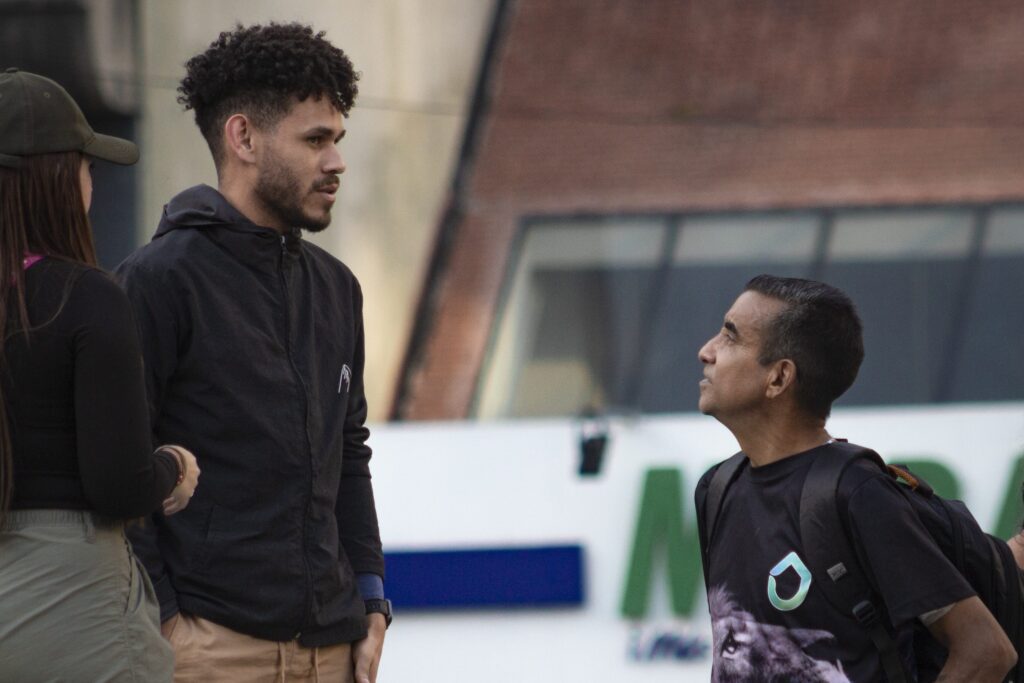
The apparent normality and dynamism shown by the Venezuelan capital contrasts with the growing political and military tension. Guacamaya took on the task of consulting and analyzing popular sentiment, which in general seems to show a relative indifference to escalation, especially because they perceive that political destiny is beyond their direct control.
Carolina, a 60-year-old informal trader, said she was hopeful about the U.S. military deployment, although she did not know its implications. “I believe that with that Venezuela will be free. We are going to have freedom. Maduro already has a lot of pressure,” he said. When asked if she is prepared for an eventual conflict, she pointed out the need to “keep food in the house and keep the faith.”
On the other hand, David, 52, a farmer resident of Colonia Tovar, said that he does not want an armed conflict to develop, despite not agreeing with the Venezuelan government. “It is clear that no one wants war, we want peace. I am not a Maduro supporter and I was a Chavista, but the homeland is the homeland and I would confront them, despite my condition,” he said.
In addition, David pointed out that the poles of power are the ones that benefit from these confrontations. “U.S. politics moves a lot with its weapons and that generates money for whoever is occupying the presidential position. The same thing happens with the president here. Moving all the troops from here is also money. Who is getting richer? They (the presidents) and those we don’t know,” he said.
Younger profiles also showed their impressions. Diego, 24, who works as a supermarket stockist, dismissed that the U.S. military movements generate a political change in the country. “I think that if the United States wanted to come here, it would have already come. They always participate in wars and would have already come to attack,” he said.
The young man is skeptical of political change through pressure on the government. “I believe a lot in God and God is not going to let anything happen here. I don’t think there will be a political change,” he said. In addition, he also expressed doubts about the attack on boats in the Caribbean. “The reasons may be lies or they may be true, but the attacks are not appropriate,” he said.
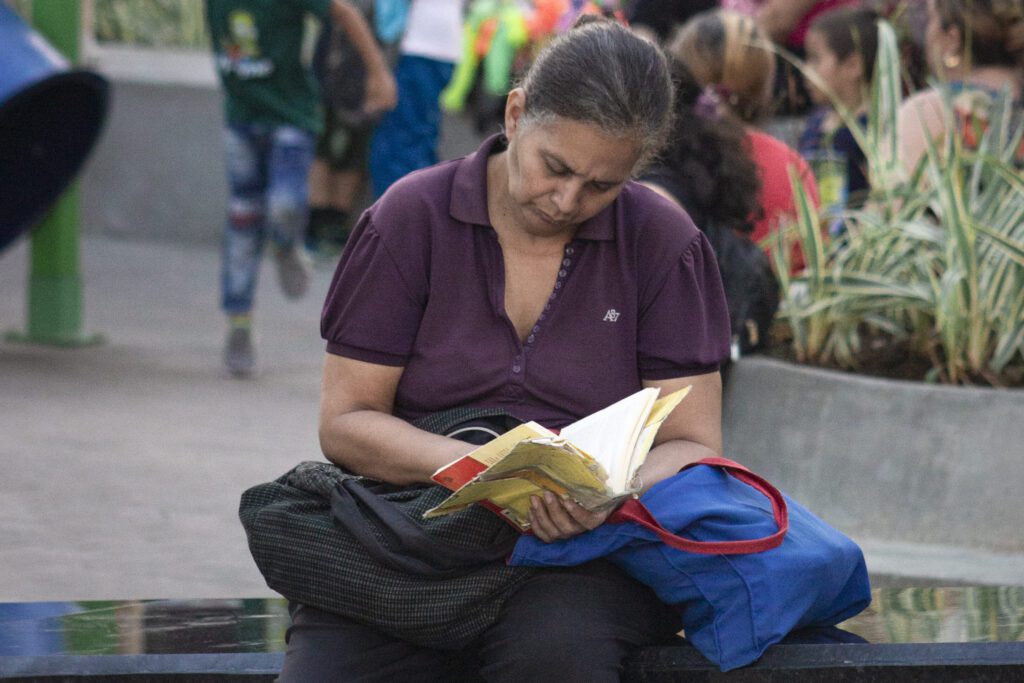
For her part, Dalibeth, 34, a housewife, believes that the military pressure generated on the government is favorable to generate political change. “If this generates a change, I think it is positive, because it can bring to the country the development that we see in other countries,” he said. He also feels that the government is afraid: “When you are afraid, you invent situations and they have done it.”
In relation to the armed attacks in the Caribbean and the Pacific against vessels allegedly linked to drug trafficking, the housewife commented that the interpretation comes from each person. “That is letting ourselves be carried away by what we consider personally. I believe that no one should die for whatever issue. If they are guilty, they should arrest them, but not take their lives,” he said.
Over the years, Venezuelans have experienced in their own flesh previous promises of imminent political changes without results. Mike Pompeo, secretary of state in Trump’s first term, said in 2021 that “Maduro’s days are numbered”, a phrase taken up four years later, today, by other Republican figures such as Senator Rick Scott, and even by Trump himself.
In general, those consulted have not made provisions for an eventual armed conflict between the United States and Venezuela, but when consulted about it, they all agree on the need to save food and take shelter. The attrition and repetition of threats with no real effect seems to have generated a kind of resignation or collective skepticism.
The political contrast: internal actors, pressures and openings
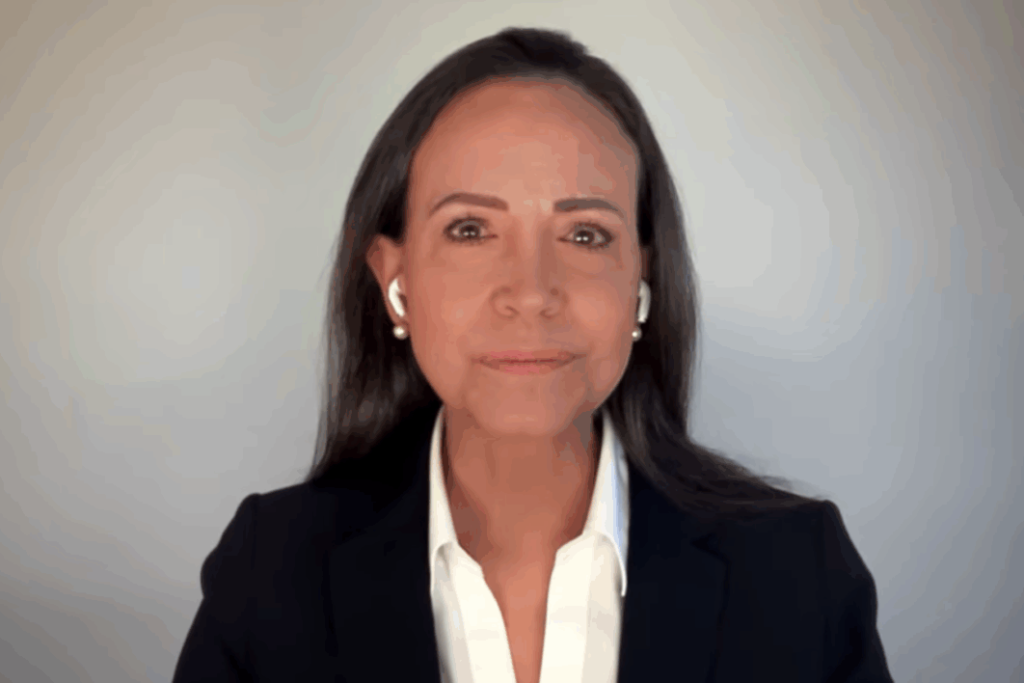
In the midst of all this situation, there has been a rumor that María Corina Machado, after being recognized with the 2025 Nobel Peace Prize, would have left the country on the occasion of receiving the award granted by the Norwegian Nobel Committee. However, Machado has denied this claim and has pointed out that he will be able to receive the award in Oslo only if Nicolás Maduro leaves power.
The leader, who gathers the majority popular support of the opposition, affirms that she remains in hiding. In relation to the rumors, the Attorney General of the Republic, Tarek William Saab, warned that María Corina Machado will be declared a fugitive if she leaves Venezuela, because she faces investigations for conspiracy, terrorism and instigation, and also for her “calls for invasion.”
More moderate opponents such as Stalin González or Henrique Capriles Radonski have accentuated criticism against the national government. Stalin said that the new law approved by the National Assembly gives the Executive a “blank check to act under the argument of ‘national defense’.” Meanwhile, Capriles questioned whether the so-called “Maduro’s diplomacy” will be able to “find a political solution.”
Both leaders, although they have questioned the military actions promoted by the United States that threaten to escalate a conflict, now they also point to the government by pointing out its approach and response. The leaders, who will soon have the investiture of deputies, continue to bet on a “political and negotiated solution” that avoids a “spiral of confrontation”.
Meanwhile, at the same time that the State Department announces the designation of the Cartel of the Suns, linked to Maduro and senior military commanders, as a foreign terrorist organization, Trump has reiterated during the last week possible rapprochements with the Venezuelan president. This mixture of sanctions and openness to negotiations further fuels uncertainty.
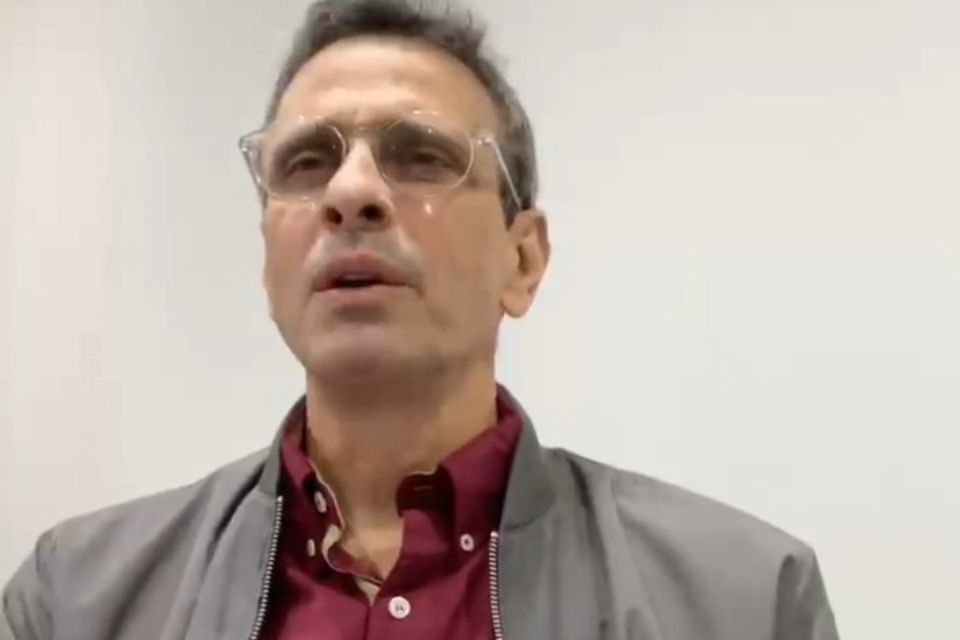
Caracas, as a reflection of the country, lives in a fragile balance between the latent threat of a U.S. military deployment and an uncertain response from Maduro with massive exercises and mobilizations. However, the population maintains a routine and daily life that shows normality and resistance, capable as a reflection of resignation, skepticism and adaptability.
The truth is that Venezuelans feel less and less dependent on their daily actions and more on strategic moves between major international powers and national political actors. Although the current stage may define the immediate future of Venezuela, its internal social dynamics do not seem to be tied to geopolitical tensions and pressures on the territory.

